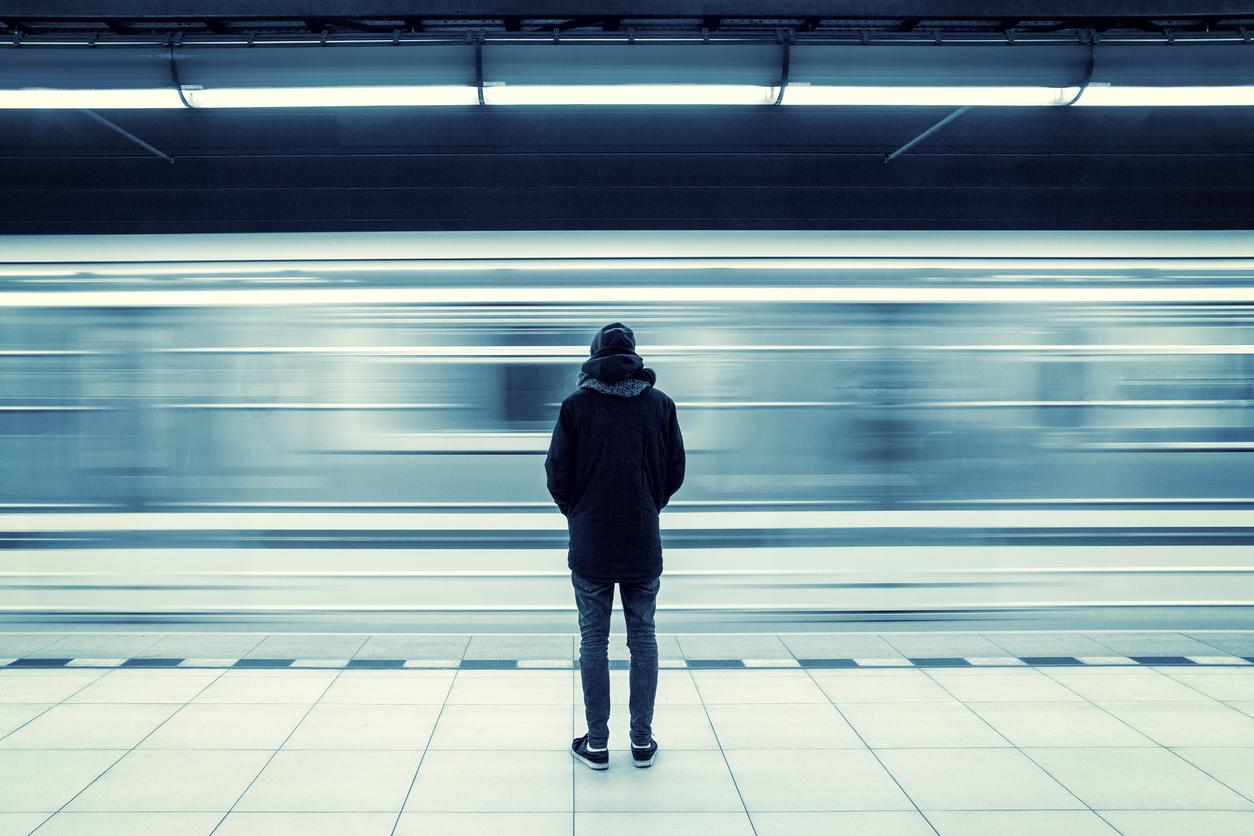At a time when the world has never been so connected, a study from the University of Medicine of Pittsburgh in Pennsylvania (United States) points to a paradox: loneliness increases with the use of social networks.
Spending too much time on Facebook, Instagram, YouTube, Snapchat and other social networks, supposed to promote interaction between Internet users, worsens the feeling of isolation. This paradox was raised after interviewing in 2014 a panel of 1,787 Americans aged 19 to 32. They answered questions about their use and attendance of 11 community media.
For heavy users (more than two hours a day) this virtual communication conceals a feeling of loneliness, highlighted in the light of the responses of the participants. The survey sets a threshold beyond which this psychological risk appears: from 2 hours per day spent on social networks, users are twice as vulnerable to feeling of isolation compared to those who only go 30 minutes a day.
An emotional void caused by social networks?
“Although social networks seem, at first glance, to offer opportunities to fill a social vacuum […] they are not the solution that people are hoping for? “, analyzes Dr. Brian A. Primack, director of the Center for Media Research and co-author of the study, quoted by AFP.
Social networks are therefore not the panacea for creating real emotional ties. Are the culprits hiding in social networks that keep individuals away? Or are people alone trying to fill this emotional void in the virtual community? The causal link has not been established.
The study appeared in the journalAmerican Journal of Preventive Medicine.
Read also: 10 effects that social networks have on your health
Social networks: is there a risk of addiction?


















